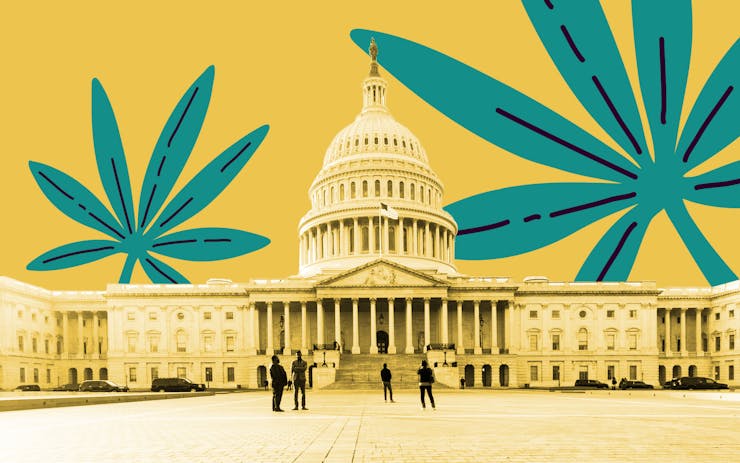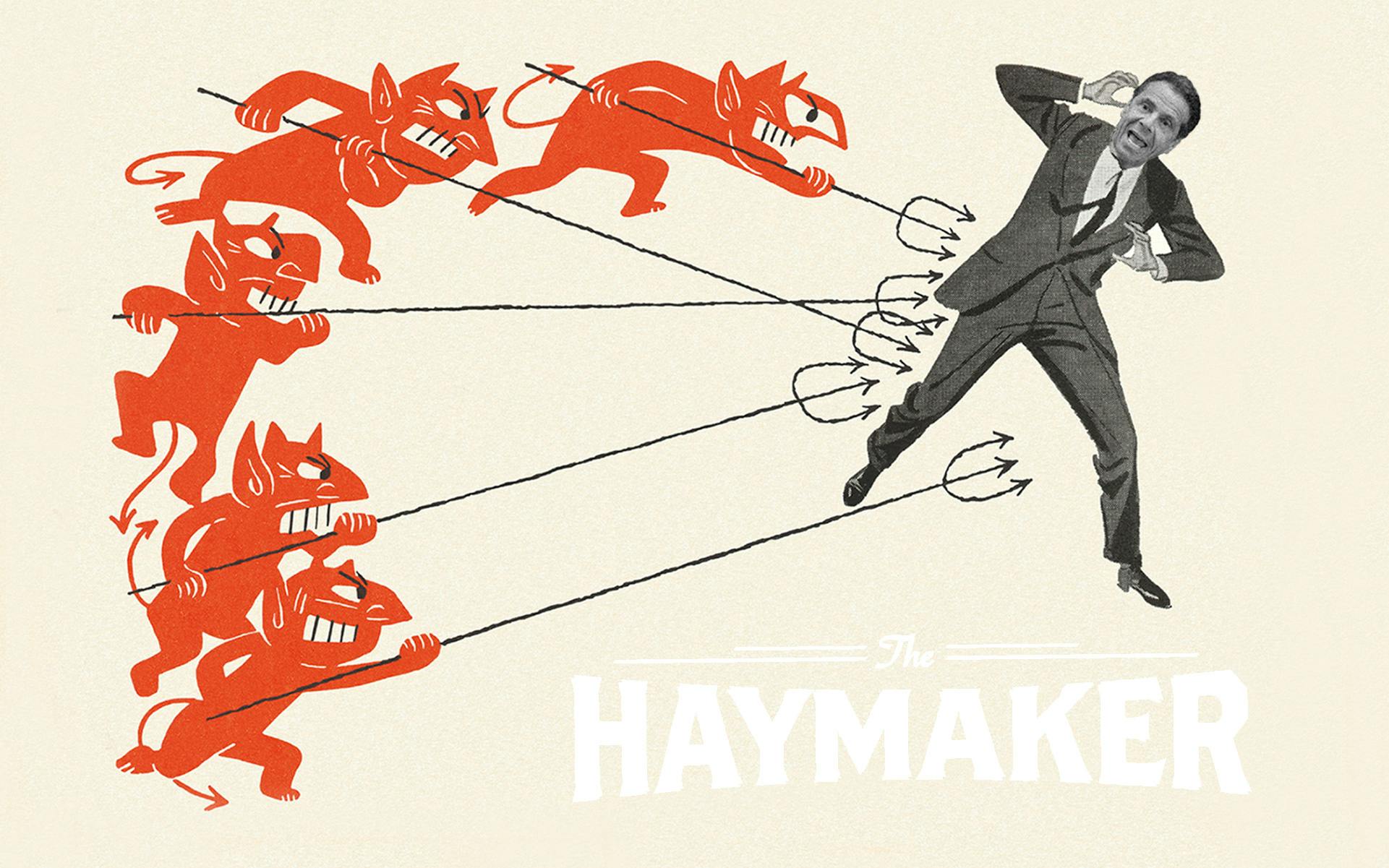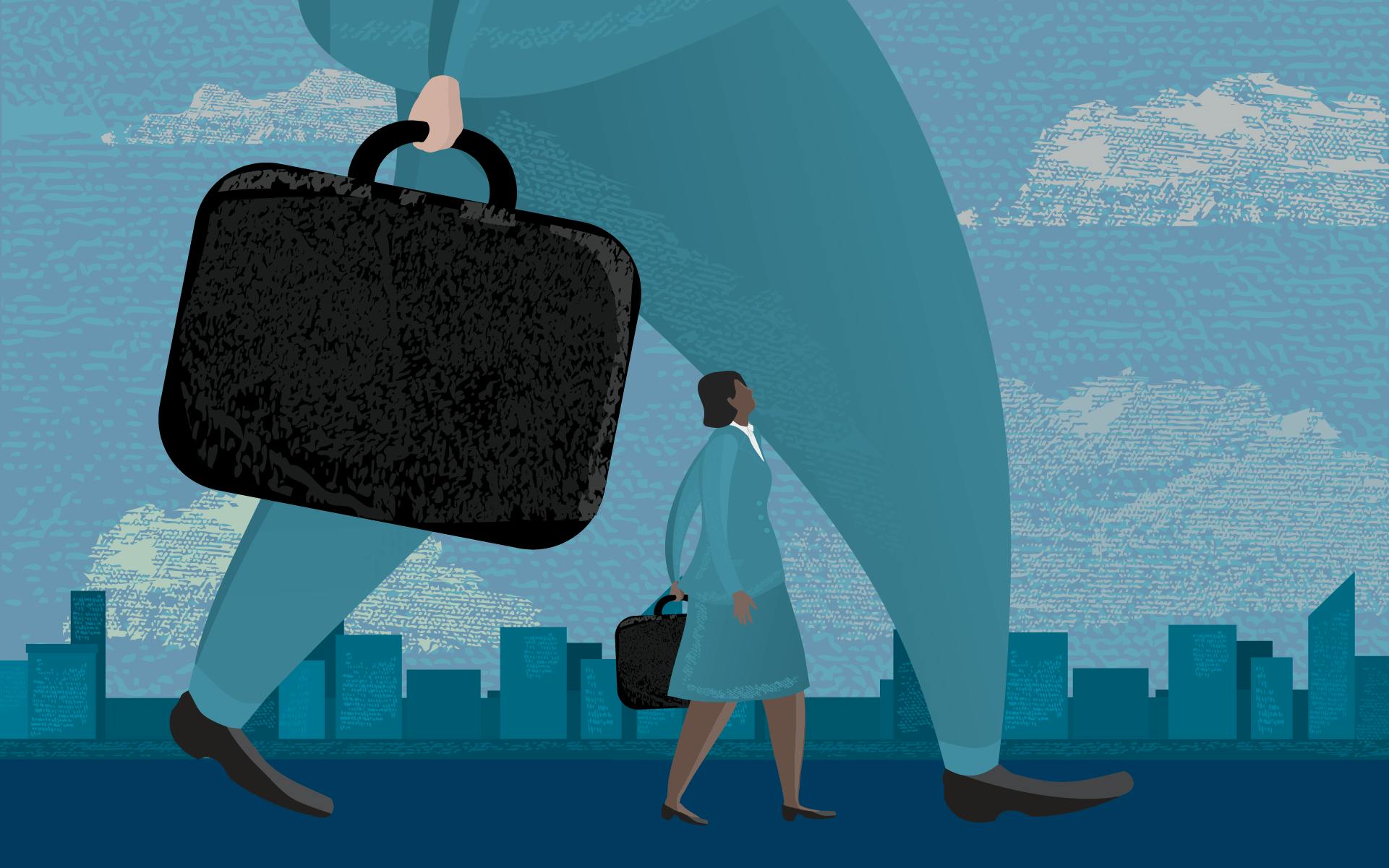WASHINGTON, DC — Advocates and legislators increasingly agree: Full cannabis legalization is right around the corner. For many, the next big issue in the industry is equality. In recent weeks, concerns over fair practices have stalled or killed legalization efforts in New York and New Jersey.
With multiple legalization bills pending in Congress, federal lawmakers met Thursday, the final day of this week’s National Cannabis Industry Association’s (NCIA) Lobby Days event, to help unveil a new policy report and call for concrete steps to promote an equitable US cannabis industry.
“If we do this right, the cannabis revolution can be truly transformative.”
The report, “Increasing Equity in the Cannabis Industry: Six Achievable Goals for Policy Makers,” was put together by the NCIA’s policy council and officially published today, although it’s previously been available online. Its principles, targeted toward states and localities, are designed to “ensure that those harmed the most by the system of the past have a chance to benefit from the system of the future.”
The report’s six top-level goals are:
- Repair the damage done to individuals caused by discriminatory enforcement of prohibition
- Create more equitable licensing outcomes through the application process
- Ensure the industry reflects the local community
- Address financial barriers to market entry
- Support companies and individuals entering the industry from disproportionately-impacted communities
- Invest tax revenue in communities harmed by prohibition
The report includes specific suggestions for how to build a more equitable industry, such as the expungement of past cannabis convictions, a halt on banning individuals with drug convictions from entering the legal industry, and priority licensing for longtime residents and low-income applicants.
The full report is available on the NCIA’s website.
At a breakfast event on Capitol Hill for the report’s rollout, US Reps. Ruben Gallego (D-AZ) and Lou Correa (D-CA) were joined by NCIA Vice Chair Khurshid Khoja and Minority Cannabis Business Association (MCBA) President Shanita Penny. They spoke about the current equality challenges faced by businesses, consumers, and local agencies tasked with regulating an industry still in its earliest days.
Gallego, whose diverse district contains much of Phoenix and its western suburbs, discussed what he described as racially biased treatment of cannabis consumers in his home state.
“Districts like mine have disproportionately paid the price,” he said. “My wealthy areas were users of marijuana and cannabis but never saw the repercussions … whereas my poor areas—mostly black and Latino—were the ones spending time in jail.”
Attendees to the event also received a copy of the MCBA’s Model Municipal Social Equity Ordinance, originally drafted in March. The model ordinance is designed as a template for local legislators, providing policy guidance for “municipalities that have adopted ordinances to regulate, zone and license local cannabis businesses, or are currently considering draft ordinances to do so.” It was created based on House Resolution 943 (the RESPECT Resolution) introduced by Rep. Barbara Lee (D-CA) in 2018, and was then revised with input from the MCBA, NCIA, Drug Policy Alliance, and other stakeholders.
The report and the model ordinance share the same goal: ensuring that lower-income communities, primarily comprised of people of color long victimized by the war on drugs, are not trampled by massive investment firms and multistate cannabis conglomerates rushing to cash in on legalization.
“30% of the people coming in for an operation have some cannabis in their system. … I can’t figure out how much (anesthesia) to give them, because I don’t know how cannabis cross effects what I’m giving them.”
Penny, the MCBA president, told Leafly that giving individual states carte blanche to set their own policies is a recipe for disaster.
“I’m not a fan of it going to the states. I’d like the federal tax dollars to be deployed by agencies that are already doing the right things in these communities,” she said. “It can’t go into a general fund, we know what happens with that—we saw it in gaming, we see it in every other general budget. We end up paying for roads instead of helping the community.”
Rep. Correa pointed out that outdated laws on cannabis don’t just negatively impact aspiring cannabis business owners from disadvantaged communities; they also do indirect harm to consumers in neglected populations, such as military veterans who use medical marijuana.
Shop highly rated dispensaries near you
Showing you dispensaries near“Because of these archaic laws at the federal level, we can’t do the kind of research we need to do,” Correa said. “I’m carrying some legislation right now to force the VA to do research into cannabis, how it affects our veterans, and the VA is pushing back. … I had a meeting with one of my anesthesiologists from California a couple days ago. He says, ‘Lou, 30% of the people coming in for an operation have some cannabis in their system. When I have to do the anesthesia … I can’t figure out how much to give them, because I don’t know how cannabis cross effects what I’m giving them.’
“This is serious stuff,” he continued. “We’ve got people making policy here in Washington that can’t figure it out. … What’s the hold up?”
Despite the challenges, legislators are optimistic that if the equity problem can be solved, cannabis can serve as a catalyst to help level the playing field for communities that have long been neglected by other booming industries.
“The whole tech revolution skipped over black and brown communities,” Gallego, of Arizona, said. “I truly believe if we do this right, the cannabis revolution can be truly transformative of these communities that have missed a lot of opportunities to move up our social and economic ladders.”
Today’s report marks an important step towards that goal—one taken by a new class of congressional representatives eager to undo the drug war’s lasting impacts. The onus is now on local governments and lawmakers to adopt these equity principles and do right by communities that have historically shouldered the drug war’s worst consequences.









